Work in Progress
This document is still under development and may change frequently.
Excitation Coil Model
Excitation coils are widely used in electromagnetic applications such as motors, transformers, and inductors to generate magnetic fields.
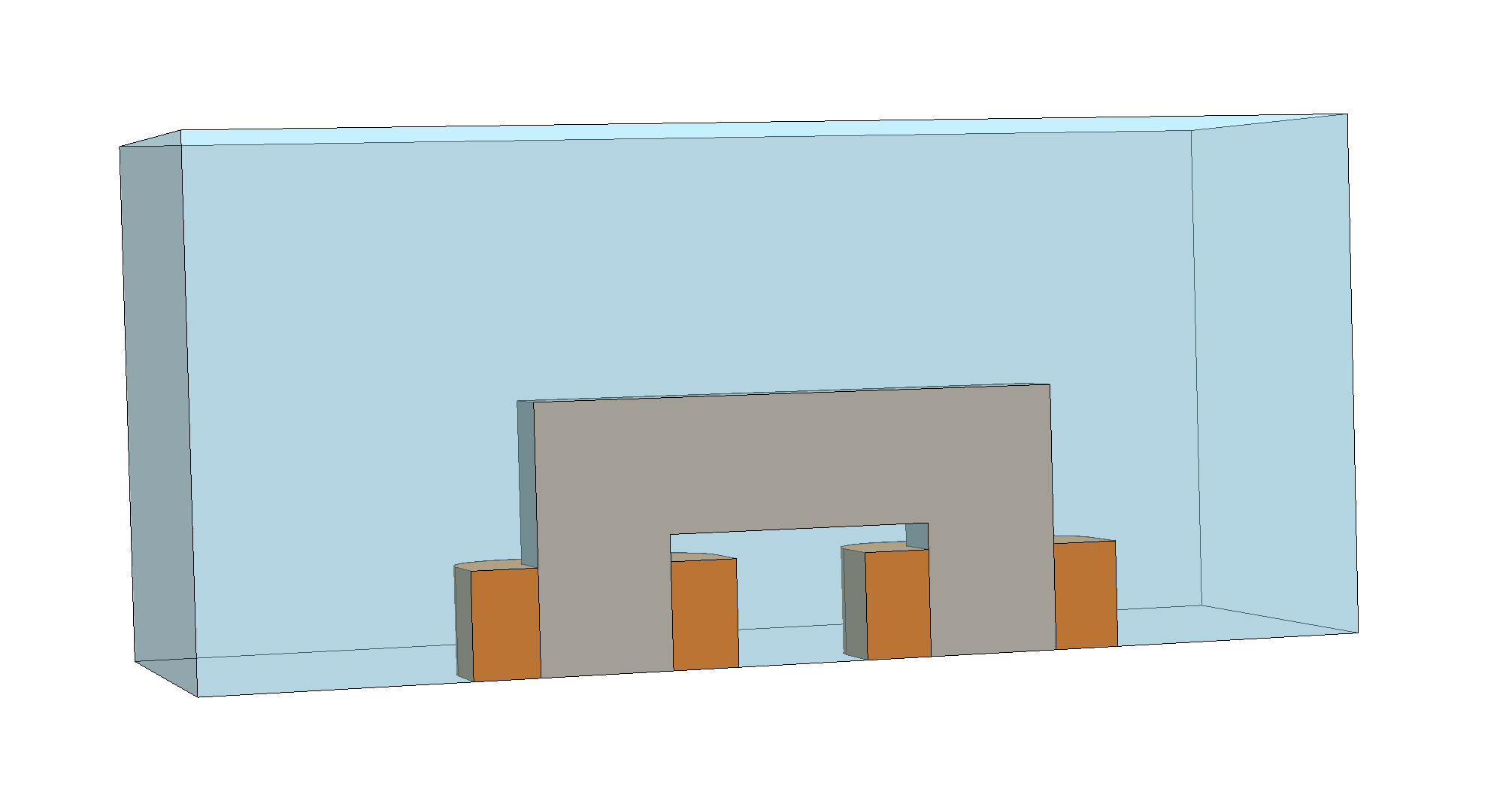
|
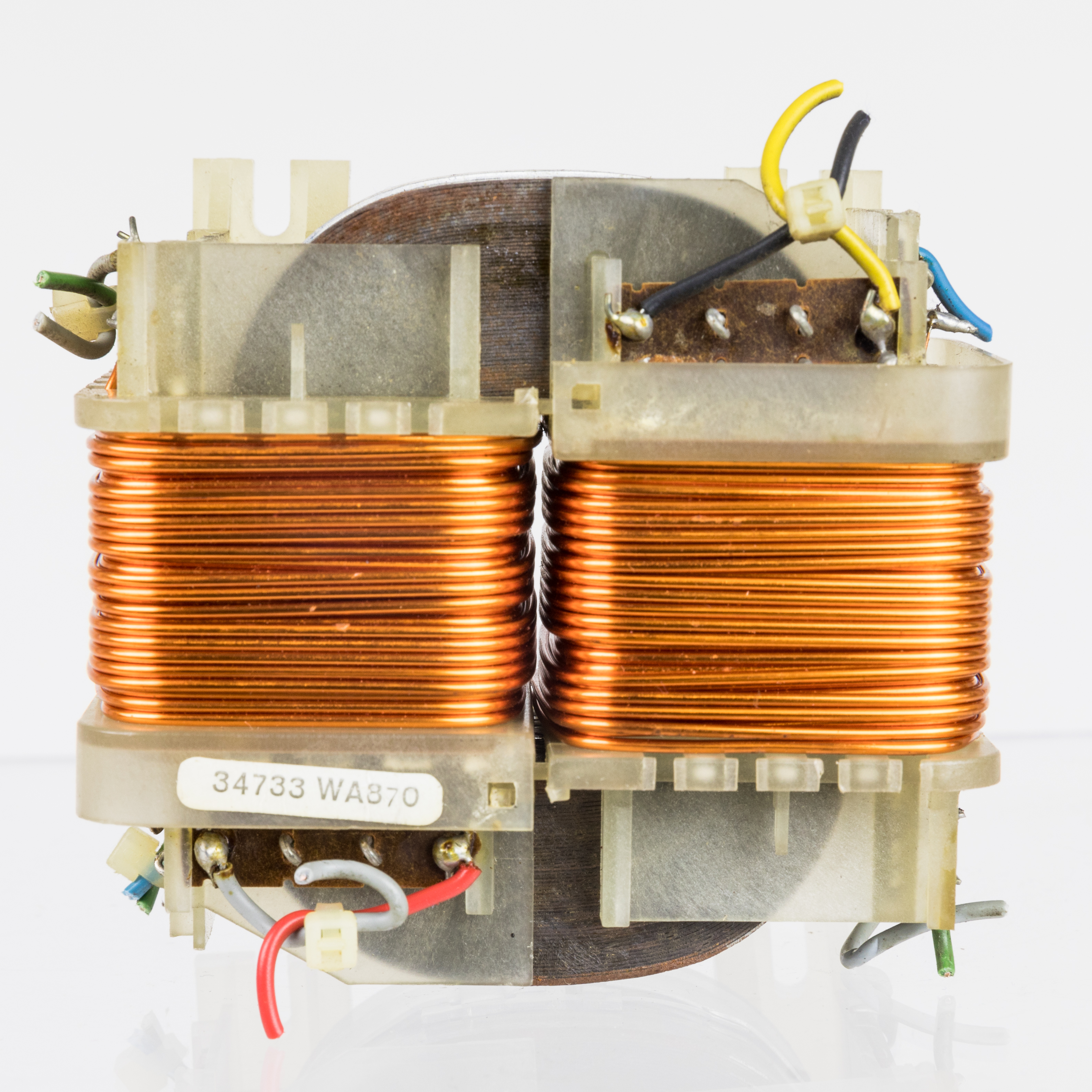
|
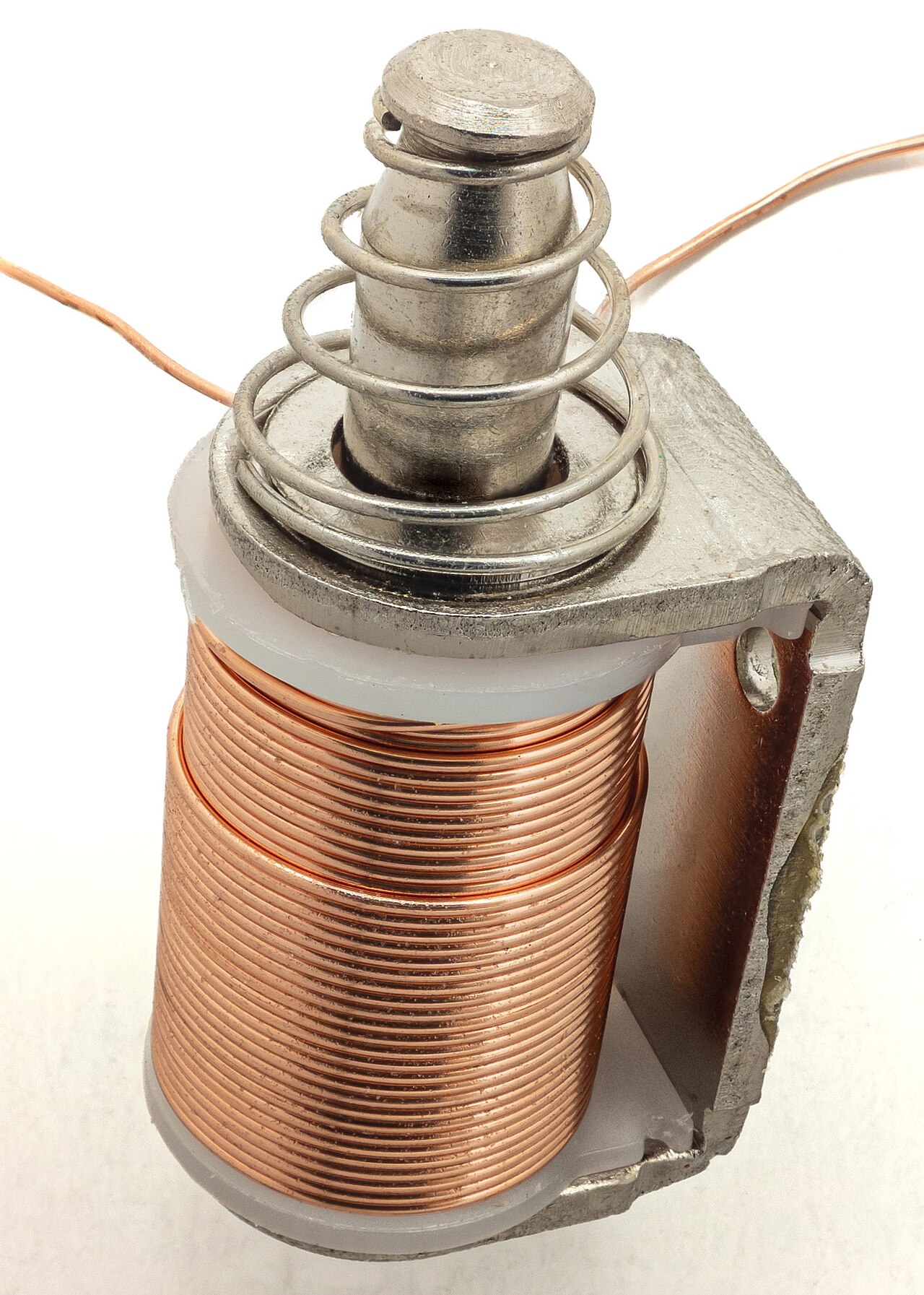
|
A primary and secondary (wound) excitation coil in a transformer. Only half is shown due to usage of a symmetry plane |
A transformer with a primary and secondary coil. Both coils are a thin wire wound many times around a core. (image credit: CC BY-SA 4.0) |
A solenoid coil used in an actuator. The coil is wound around a core and generates a magnetic field when a current is applied. (image credit: CC BY-SA 3.0) |
This model here allows the setup of various type of excitation coils and their excitation based on predefined parameters.
To add an excitation coil to simulation use first add the ExcitationCoilModel using:
from mufem.electromagnetics.coil import ExcitationCoilModel
coil_model = ExcitationCoilModel()
sim.get_model_manager().add_model(coil_model)
Then use CoilSpecification to describe the properties of each individual coil. A coil specification requires the specification of a coil type, a coil topology, and a coil excitation. Finally, add it to the model:
# from mufem.electromagnetics.coil import CoilSpecification
# coil = CoilSpecification(
# name="Coil", marker=my_coil_marker, topology=my_coil_topology, type=my_coil_type, excitation=my_coil_excitation
#)
#coil_model.add_coil_specification(coil)
Coil Type
The following coil types are available for the time-domain magnetic model:
Name |
Type |
Description |
|---|---|---|
|

Instead of modelling individual wire the coil is homogenized to a single body. |
Coil Topology
Name |
Type |
Description |
|---|---|---|
The coil is open, and the current enters and leaves the coil through boundary faces. |
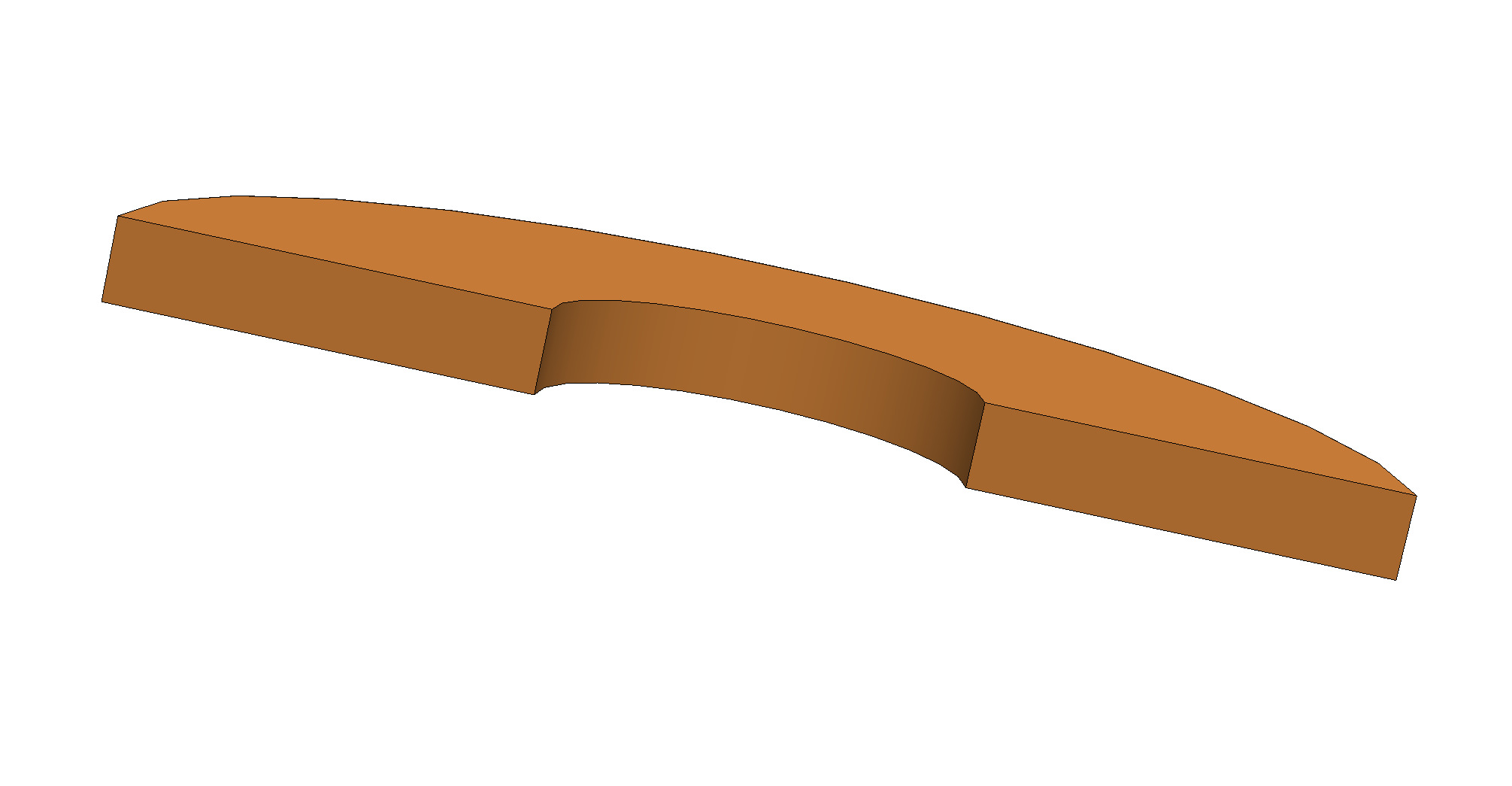
Example of an open coil with two boundaries. |
|
The coil is closed, and the current circulates through the coil. |
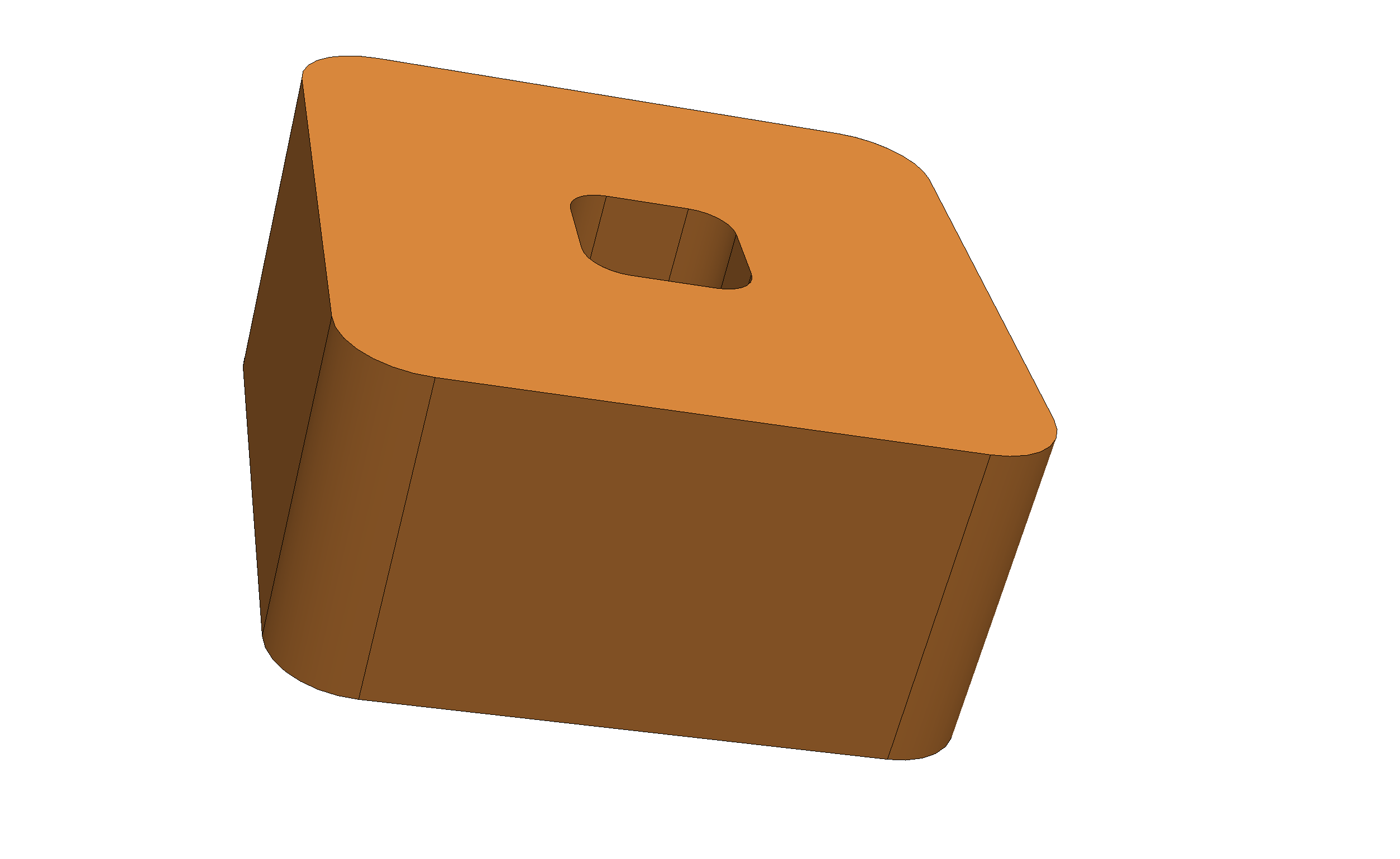
Example of a closed coil. |
Coil Excitation
Name |
Type |
Description |
|---|---|---|
The coil is excited through a current source. |
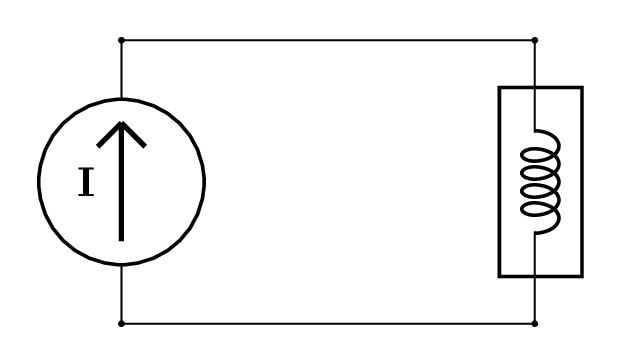
An excitation coil excited through a current source. |
Reports
Following reports are available for the time-domain magnetic model for visualization:
Name |
Type |
Description |
|---|---|---|
Coil Current Report |
Scalar Value |
Returns the applied current to the coil |
Coil Resistance Report |
Scalar Value |
Returns the resistance of the coil |
Flux Linkage Report |
Scalar Value |
Returns the flux linkage of the coil |
Inductance Report |
Symmetric Matrix |
Returns the inductance of the coil |
Coefficient Functions
Following functions are available for the time-domain magnetic model for visualization:
Name |
Type |
Description |
|---|---|---|
Flux Linkage |
Scalar Field |
The magnetic flux linkage function is defined as:
\[\psi = \mathbf{A} \cdot \mathbf{\tau}\]
|
Electromotive Force |
Scalar Field |
The electromotive force function is defined as:
\[\mathcal{E} = \dot{\mathbf{A}} \cdot \mathbf{\tau}\]
|